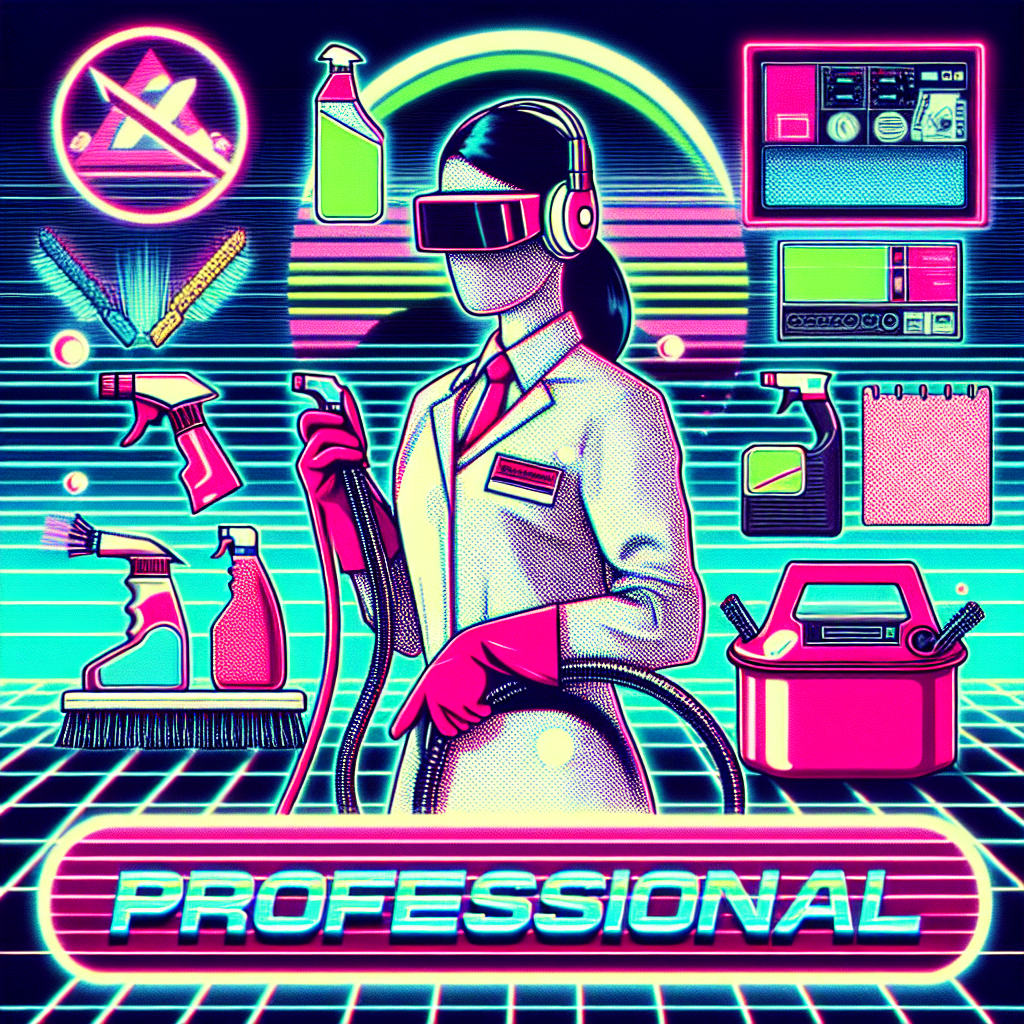Discover how to effectively tackle specialty stains in commercial settings with strategic approaches and specialized techniques. From ink to oil-based products, learn the importance of identifying stain compositions for successful removal. Utilize solvent-based cleaners for oil stains, enzymatic cleaners for organic stains, and oxidizing agents for tough ones like coffee. Remember to test on a small area first. Prioritize safety with protective gear and ventilation when working with potent cleaning agents. Precision in stain identification and treatment is key to successful removal while safeguarding surface integrity. Enhance your cleaning expertise and ensure optimal results with these advanced stain removal methods.
Specialty stains can present unique challenges for cleaning professionals in commercial spaces. These stubborn marks require a strategic approach and specialized techniques to ensure effective removal without causing damage.
Understanding Specialty Stains
Specialty stains encompass a wide range of substances, from ink and paint to oil-based products and beyond. The key to successful removal lies in identifying the composition of the stain, as different materials require specific treatment methods for optimal results.
Tip: Conduct a thorough analysis of the stain before proceeding with any cleaning method to avoid potential complications.
Advanced Techniques for Specialty Stain Removal
- Utilize solvent-based cleaners for oil-based stains, ensuring compatibility with the surface material.
- Consider enzymatic cleaners for organic stains like blood or food, as they break down proteins effectively.
- Use oxidizing agents such as hydrogen peroxide for tough stains like coffee or wine, but test on a small inconspicuous area first.
"Precision in stain identification and treatment is paramount for successful removal while preserving the integrity of the surface."
Precautions and Safety Measures
When dealing with specialty stains and potent cleaning agents, prioritizing safety is crucial. Protective gear such as gloves, goggles, and masks should be worn to prevent exposure to harmful chemicals. Adequate ventilation in the cleaning area is also essential to minimize inhalation risks.
Always refer to the manufacturer's guidelines for both the stain and cleaning products to ensure proper usage and avoid unintended damage.
Professional Equipment and Tools
Investing in high-quality cleaning equipment can significantly enhance the efficiency of specialty stain removal processes. Tools such as steam cleaners, carpet extractors, and specialized brushes can aid in targeting and treating stains effectively.
Tip: Regular maintenance and calibration of cleaning equipment are imperative to ensure optimal performance and longevity.
Time-Efficient Strategies
Efficiency is key in commercial cleaning operations, especially when tackling specialty stains. Implementing systematic cleaning schedules and protocols can streamline the removal process, reducing downtime and enhancing overall productivity.
Utilize color-coded cleaning tools and supplies to prevent cross-contamination and maintain hygienic standards in different areas.
In conclusion, mastering the art of specialty stain removal requires a combination of technical expertise, strategic planning, and a commitment to safety. By following specialized techniques and utilizing professional-grade equipment, cleaning professionals can effectively address even the most challenging stains while upholding the standards of cleanliness and maintenance in commercial spaces.



